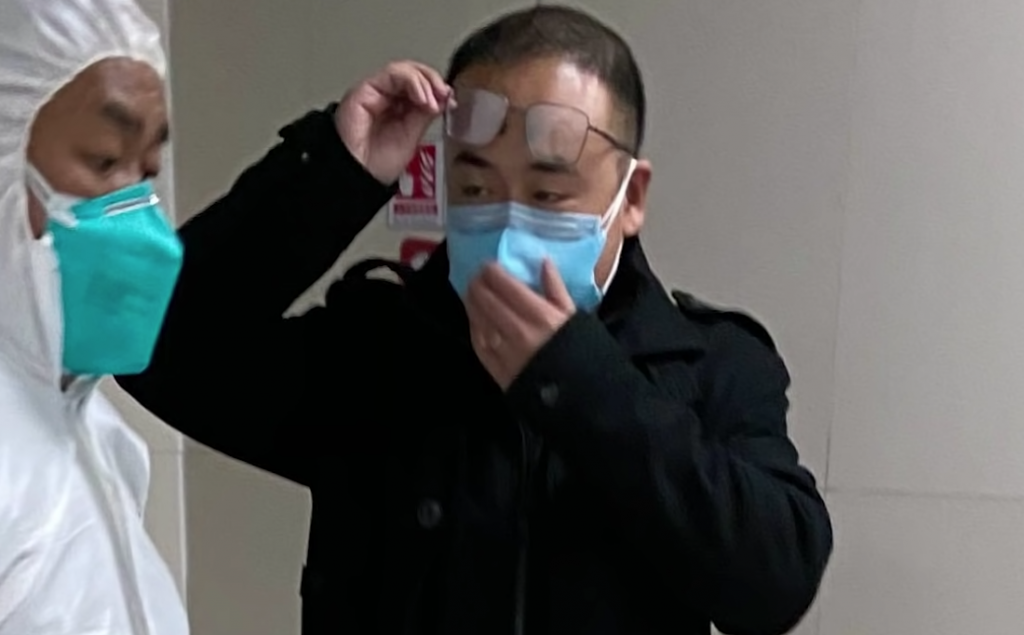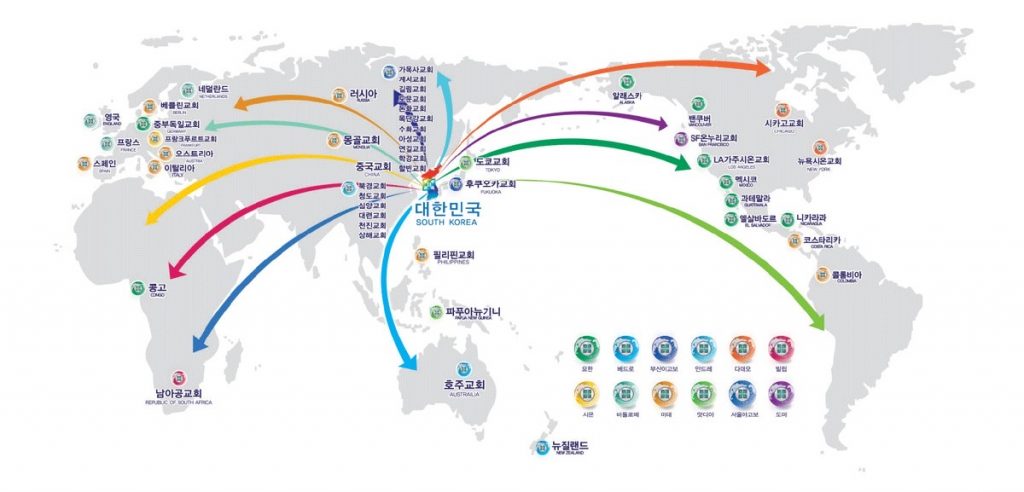
Yesterday, three Chinese men were apprehended at the U.S.-Mexico border with flu-like symptoms. They were quarantined. It was determined they do not have the coronavirus (COVID-19), but the message is clear: the border is a glaring weakness when it comes to terrorism, conventional or biological.
Today, President Trump announced that he would address the nation regarding the threat of the virus, and how we are positioned to counter it. Why did he do so? Because he sees that Sen. Chuck Schumer is treating the disease as a political football, proposing an $8.5 billion prevention plan, claiming that Trump, who just yesterday requested $2.5 billion from Congress to fight the spread of the disease of the virus, is unprepared.
Hours after Trump's announcement, Nassau County (NY) health officials held a press conference to explain why 83 people have been quarantined on Long Island. Out of six tests performed so far, five are negative and one is pending.
Last week, 26 people were quarantined in Westchester County, NY. They were tested, all were negative for COVID-19.
Each announcement is made breathlessly on television and other media. What's spreading is not only a virus, but fear. What's troubling is that one aspect of the fear, which is unforeseen and ominous, appears to be justified: in the last week, a religious cult has been exposed at the heart of the coronavirus outbreak in Korea. Did they spread the disease knowingly?
The Shincheonji, a psuedo-Christian, South Korea-based cult, is behind the vast majority of the nearly 1,000 coronavirus infections in the country. Founded in 1984 by Lee Man-hee, Shincheonji now spans the globe, with 31 churches on six continents. The total number of adherents varies by source. Reuters claims the number is "over 200,000".
The most frightening figure is two-thirds. As in over 66% of the 977 diagnosed COVID-19 cases in South Korea involve a Shincheonji member. To suggest that such a frequency is happenstance beggars belief.
South Korean health authorities aim to test more than 200,000 members of a church at the center of a surge of new coronavirus cases as President Moon Jae-in said on Tuesday the situation was “very grave”.
About 68% of South Korea’s cases have been linked to the Shincheonji Church of Jesus, where the first case was reported in a 61-year-old woman, but it is not known how she became infected.
South Korea reported its eleventh death from the virus as a 36-year-old Mongolian national died on Tuesday, becoming the first foreigner there to have died from the virus. The Korea Centers for Disease Control and Prevention (KCDC) reported 144 new confirmed cases.
Many of the new cases were in the southeastern city of Daegu, where the church is located, and from nearby North Gyeongsang Province, the KCDC said.
Reuters
The Reuters reporting is quite dry, however. They fail to ask the obvious question: why did the outbreak take place almost exclusively among Shincheonji? Further, what is this cult all about? The answers are disturbing.
Shincheonji's founder and current head, Lee Man-hee, was born in 1931. At 88, he looks far younger. His church is the fastest growing religious entity in the world based on percentage gain of followers. They employ aggressive recruitment tactics and preach devotion not to God, but to Lee Man-hee's interpretation of the Bible, which leans heavily on eschatology, or the end times.
Shincheonji is under investigation. Members are known to travel frequently to their many churches around the world. Their location in Wuhan was near the epicenter of the outbreak.
The South China Morning Post has learned that the Shincheonji Church of Jesus has a branch in Wuhan, the Chinese city at the epicenter of the COVID-19 outbreak that is rocking the world right now.
And the paper has it on good authority that the church's ~200 members in the city, most of whom are now in quarantine outside Wuhan, continued meeting even after the outbreak started to pick up steam.
ZeroHedge

For their part, Shincheonji members say the implication that they spread the disease is unfair. Like a "19th century witch-hunt", one said. They claim victim status instead. It's a narrative worth considering. The Shincheonji and other cults like it abound in Korea, and are barely tolerated in neighboring China.
As with all things controlled by the Chinese Communist Party, separating fact from fiction--or in this case, blame from responsibility--is nearly impossible. We've already seen the narrative change from "nothing's wrong" to "bat soup" to "bioweapons lab breach." Now the world has begun to scrutinize a small but quickly growing religious cult.
The common denominators are fear, media, and China. For now, we await results from Long Island. Tomorrow, a new city will be singled out, a new pocket of panic. In the meantime, the Hong Kong protests are a distant memory. A foundering Chinese economy becomes, in the fog of panic, merely a symptom of the new disease. For revolutionaries, overthrowing the CCP has gone from a longed-for dream to the equivalent a death warrant, cutting off one's head to spite one's neck.
Another result of COVID-19: Chinese 5G rollout, a key initiative of Xi Jinping's, has been slowed to a crawl.
CD Media will continue to follow domestic Coronavirus quarantines, news of the virus at our borders, and Shincheonji involvement in the spread of the virus.
Subscribe to our evening newsletter to stay informed during these challenging times!!
[…] This article originally appeared at source […]